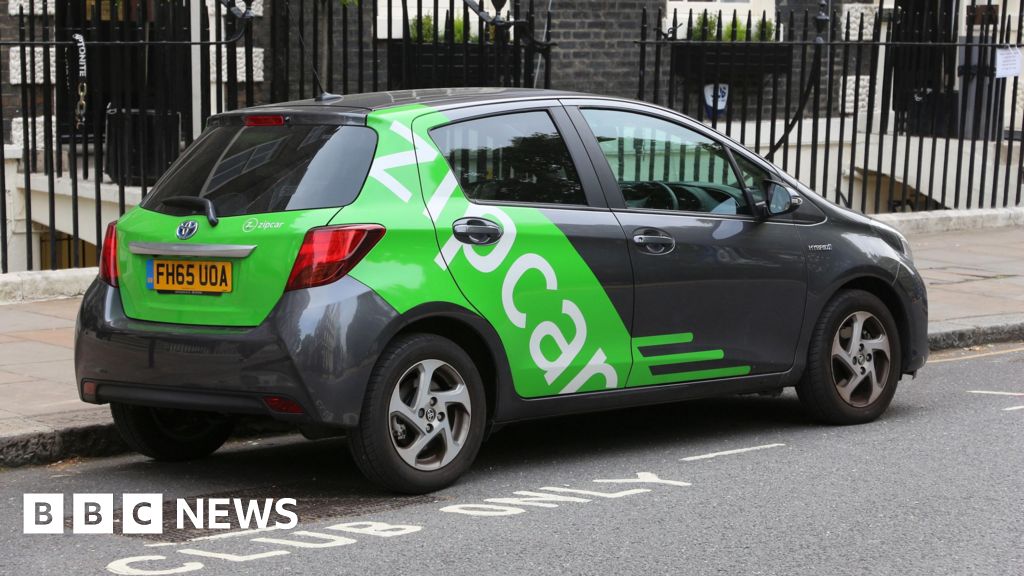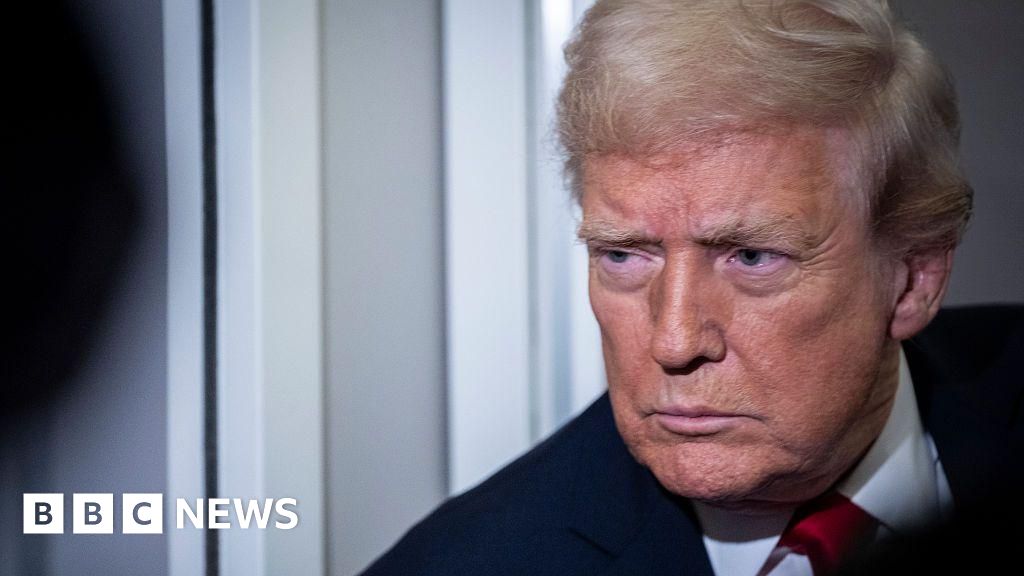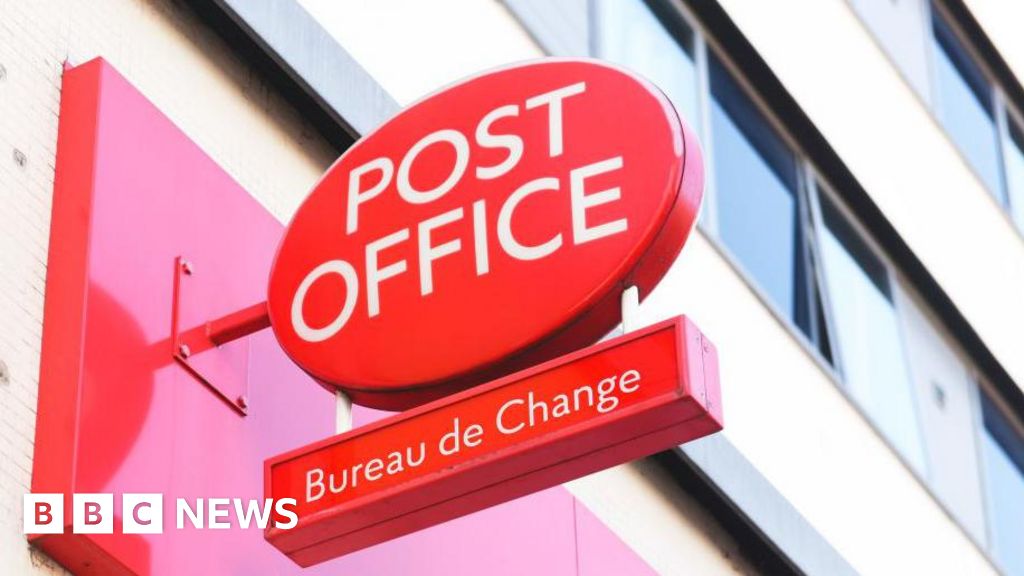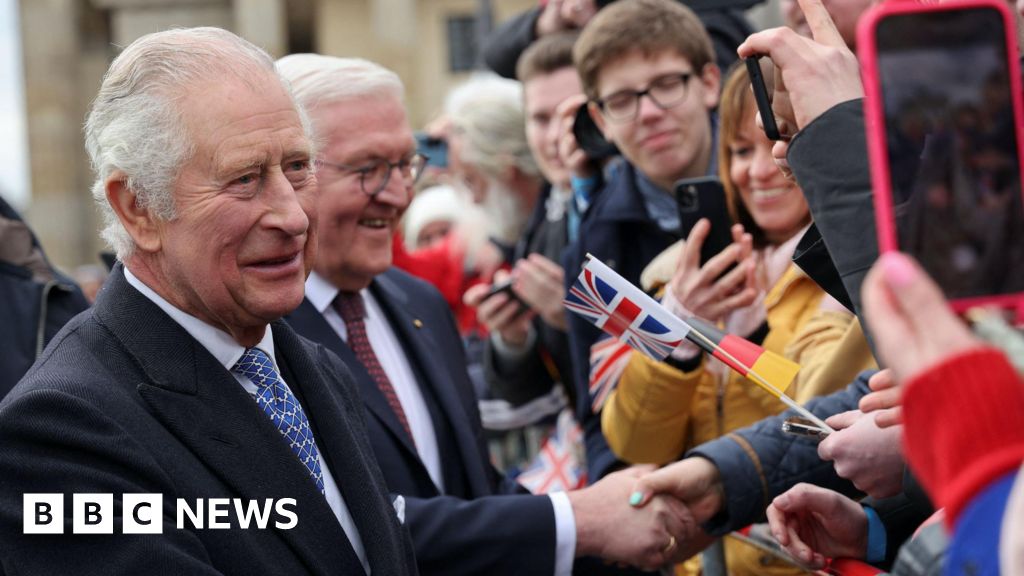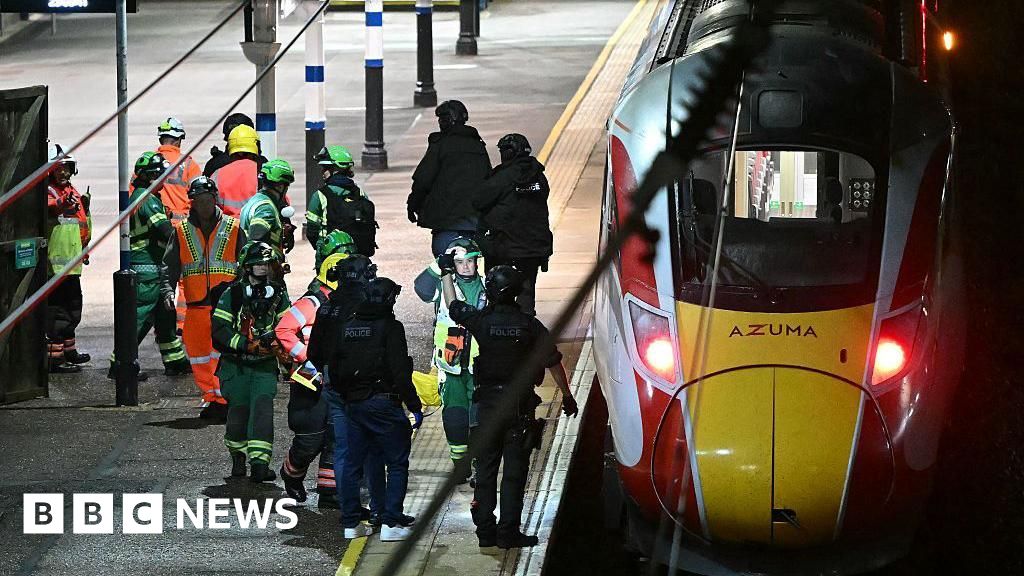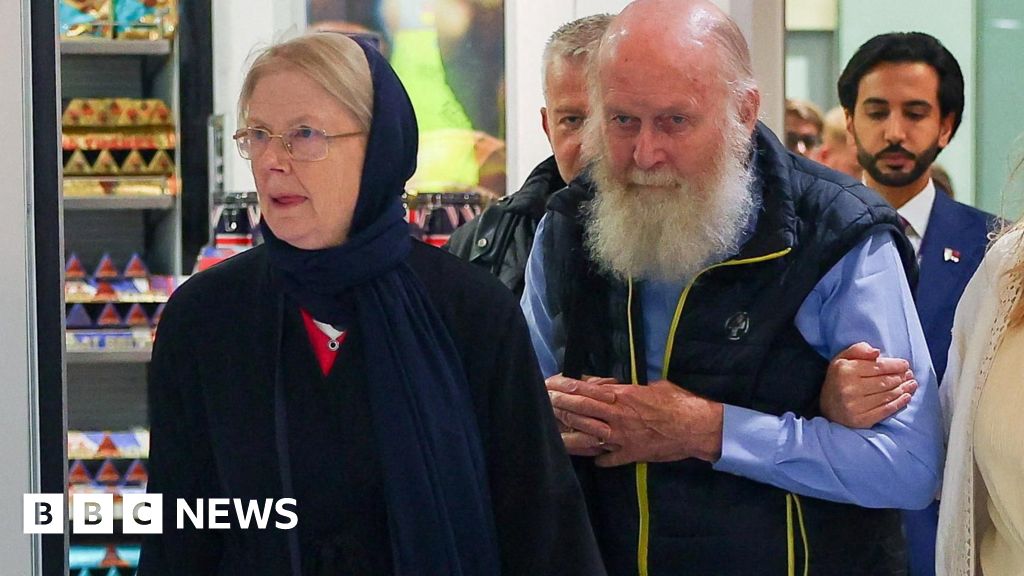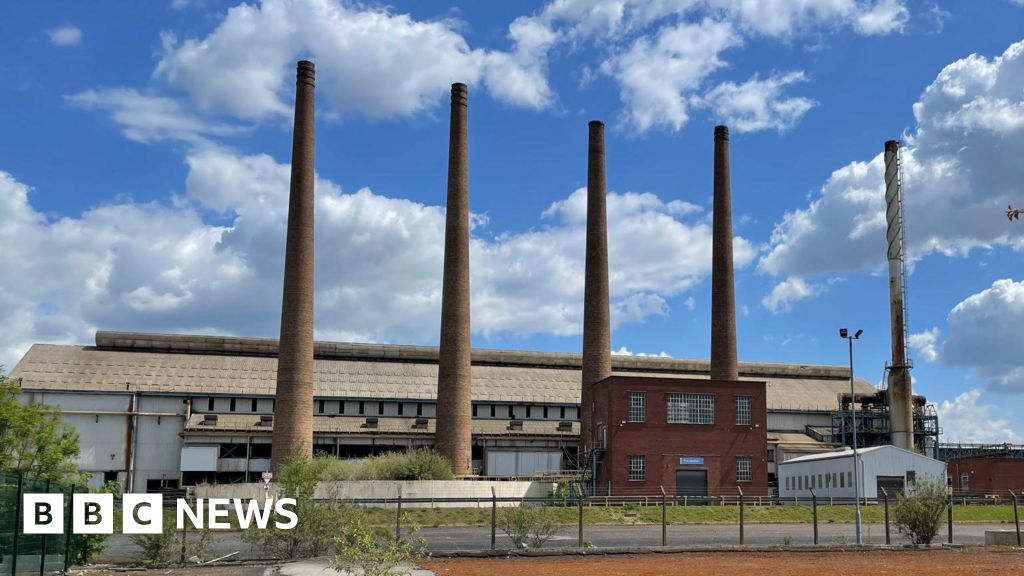Osmond Chia,Business reporter and Liv McMahon,Technology reporter
Amazon has confirmed it plans to cut thousands of jobs, saying it needs to be "organised more leanly" to seize the opportunity provided by artificial intelligence (AI).
The tech giant said on Tuesday it would reduce its global corporate workforce by "approximately 14,000 roles."
Earlier reporting had suggested it was planning to lay off as many as 30,000 workers.
Beth Galetti, a senior vice president at Amazon, wrote in a note to staff that the move would make the company "even stronger" by shifting resources "to ensure we're investing in our biggest bets and what matters most to our customers' current and future needs".
She acknowledged that some would question the move given the company was performing well.
But she said it was needed because AI was "the most transformative technology we've seen since the Internet" and was "enabling companies to innovate much faster than ever before."
"We're convicted that we need to be organised more leanly, with fewer layers and more ownership, to move as quickly as possible for our customers and business," she added.
The note, shared with Amazon employees earlier on Tuesday, said the company was "working hard to support everyone whose role is impacted" - including by helping those affected find new roles within Amazon.
Those who cannot will receive "transition support" including severance pay, it said.
The BBC has asked if it will affect employees in the UK.
The company has more than 1.5 million employees across its warehouses and offices worldwide.
This includes around 350,000 corporate workers, which include those in executive, managerial and sales roles, according to figures that Amazon submitted to the US government last year.
Like many technology firms, Amazon hired aggressively during the Covid-19 pandemic to meet the surge in demand for online deliveries and digital services.
Amazon boss Andy Jassy has since focused on reducing spending as the company invests heavily in artificial intelligence (AI) tools to boost efficiency.
Mr Jassy said in June that the increase in AI tools will likely lead to job cuts as machines take over routine tasks.
"We will need fewer people doing some of the jobs that are being done today, and more people doing other types of jobs," he said then.
.png)
 1 month ago
26
1 month ago
26
